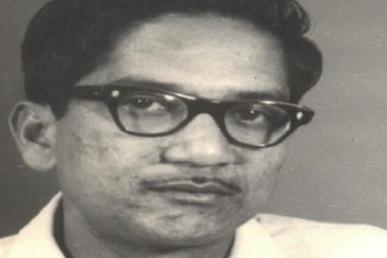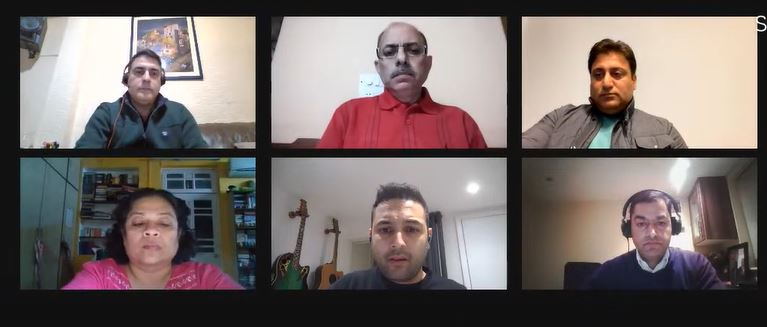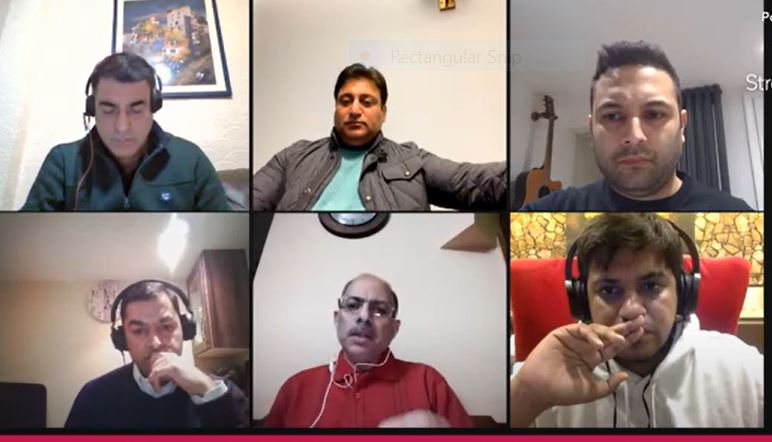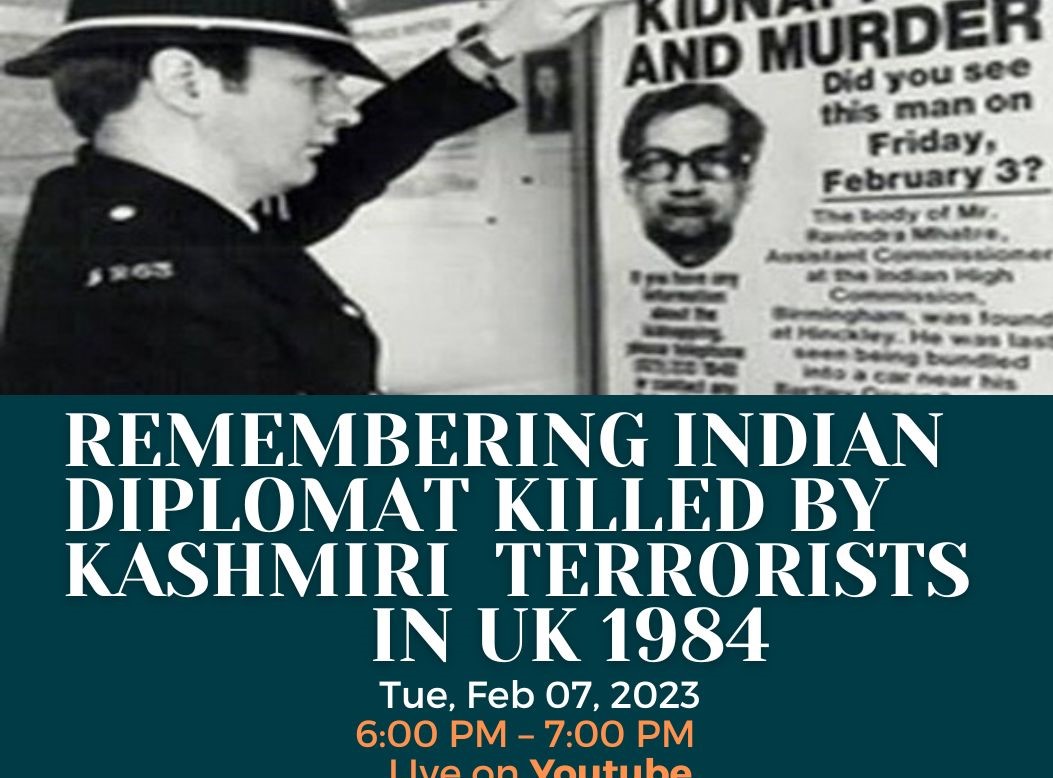Ravindra Mhatre, 48, was kidnapped and later killed in Birmingham in 1984 by British Kashmiri militants who were associated with the Jammu Kashmir Liberation Front
British Indians and Kashmiri Pandit diaspora paid tribute to Ravindra Mhatra, the diplomat killed by terrorists in the UK on 6th Feb 1984. The Kashmiri Pandit Association of Europe (KPAE), the Friends of India Society International and the Global Kashmiri Pandit Diaspora were the organisers. The event was moderated by Mr Adit Kothari.
Mhatre, 48, was kidnapped and later killed in Birmingham in 1984 by British Kashmiri militants who were associated with the Jammu Kashmir Liberation Front.
An event was organised in London to pay tribute to the murdered diplomat. Mhatre’s daughter, Ms Asha D Souza joined the event and recalled the horrific incident when her father was abducted and eventually murdered. Other speakers include Vinod Tikoo, Sidharth Acharya (Advocate, Supreme Court of India; Sidharth Ganjoo, Grandson of Justice Ganjoo; Rajinder Raina and Sanjay Peshion, President KPAE Europe.

Asha D Souza questions why the delay tactics were not used when her father was held hostage and why he could not be saved.
Asha said that the local police and authorities were prompt to provide safety to the family but the larger question of what could have been done differently to save her father’s life remains unanswered.
Siddharth Ganjoo, grandson of Justice Neelkanth Ganjoo who had presided over the trial of Maqbool Bhat and sentenced him to death, related how they were apprehensive and fearful after Maqbool Bhat was hanged. Terrorists persisted till they murdered Justice Ganjoo.
Mr Mhatre’s kidnapping and murder were linked to Justice Ganjoo because the terrorists had sought the release of Maqbool Bhat from the Indian prison in exchange for Mhatre’s life. They also demanded a ransom of £1 million.

An advocate of the Supreme Court of India, Siddharth Acharya, pointed to whether the sacrifice of Ravindra Mhatre was forgotten. He also emphasised that Mhatre’s murder was akin to an act of war on the Indian state.
Vinod Tikoo, a British Indian, elaborated on the fear in the community that would have persisted. He raises questions on whether justice was done in the true sense and whether all the perpetrators were found and convicted. Despite one of the perpetrators having been arrested in the US, he was later acquitted in a Birmingham court. Some unanswered questions remain.
Rajinder Raina spoke about the nexus between National Conference and the JKLF at the peak of militancy in J&K.
Sanjay Peshion, President of the Kashmiri Pandit Association of Europe (KPAE), remembered Mhatre and related this incident to the ghastly experiences of the Kashmiri Hindus in the 1980s/90s. He also points to how the Kashmiri narrative is skewed due to the British Mirpuris diaspora supported by the Pakistani propaganda narrative on Kashmir.

Mhatre, a second-ranking official in India’s consular office in Birmingham, was abducted in Birmingham as he stepped out of a bus, carrying a birthday cake for his daughter Asha. He was held captive for three days in the Alum Rock neighbourhood of Birmingham, an area that was predominantly inhabited by British Mirpuris. The kidnapping was a failed attempt to secure the release from prison of the Jammu Kashmir Liberation Front’s founder Maqbool Bhat. A £1m ransom demand was sent to media outlets.

Leave a Reply